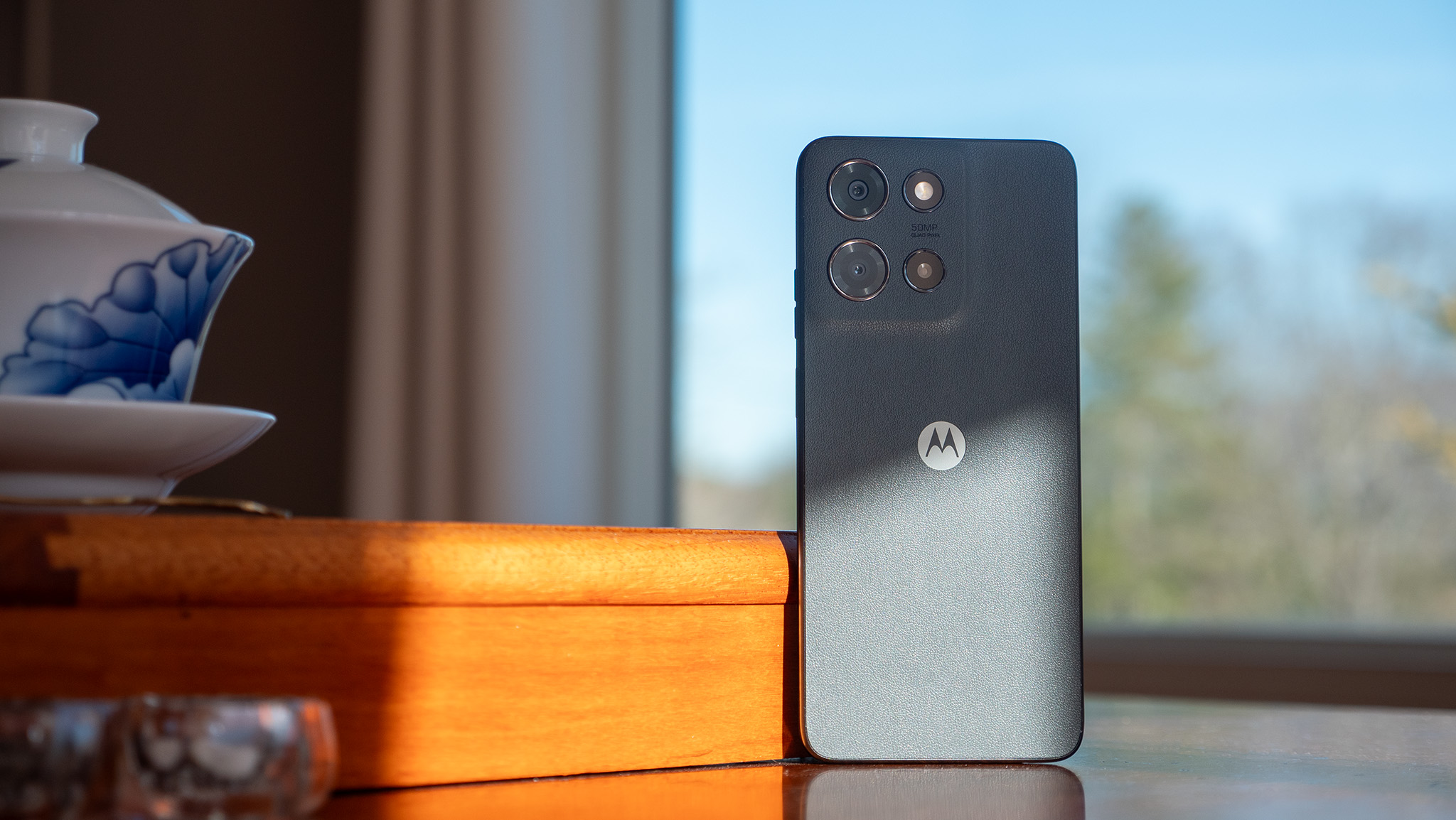How can mobile get its multiplayer game on?
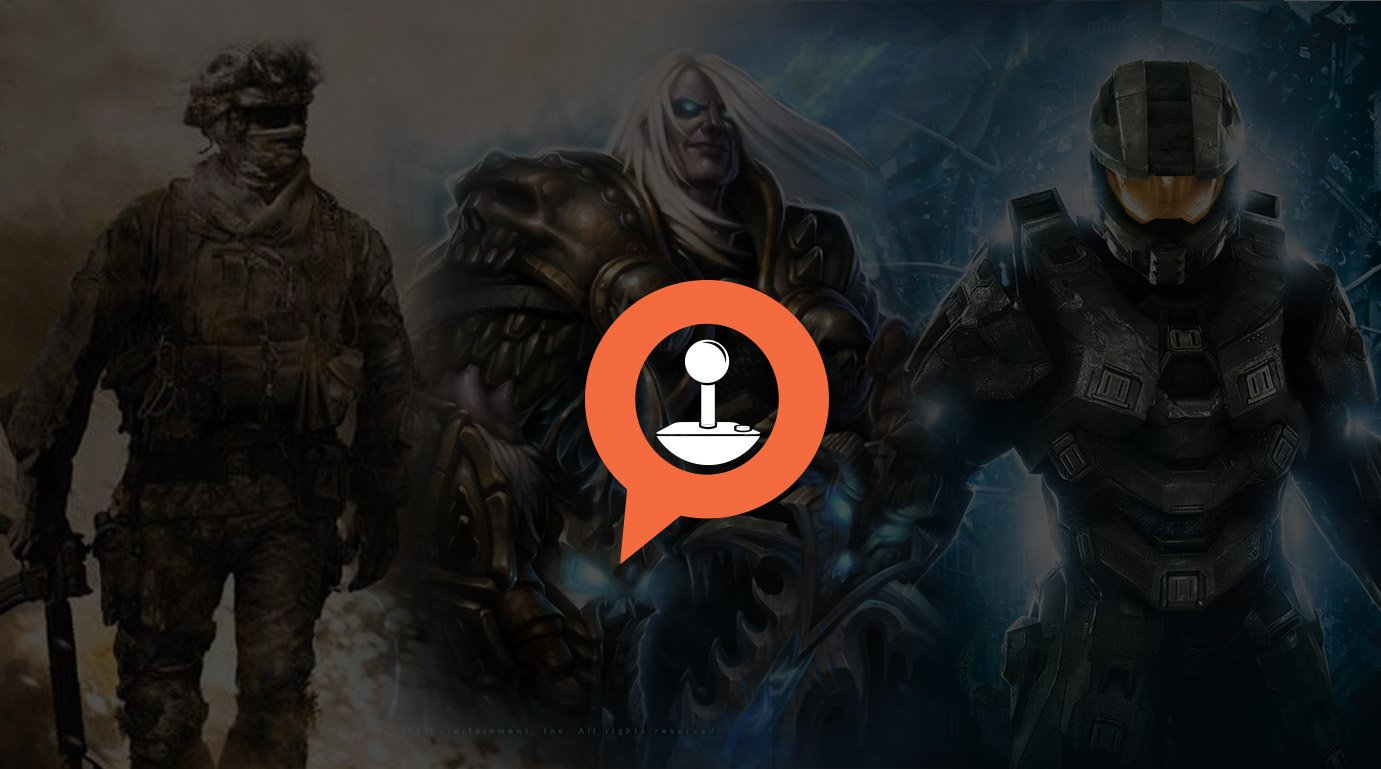
Presented by Blackberry
Talk Mobile Gaming
Android vs. BlackBerry vs. iOS vs. Windows: How can mobile get its multiplayer game on?
The first mobile games in their time were great. Just like Pac-Man and Donkey Kong at the arcades, or Pitfall or Super Mario on the early consoles, BrickBreaker on BlackBerry, Bejeweled on Palm OS, or Tap Tap Revenge on iOS. But, like any early game, we played the first mobile games alone, or perhaps with a few friends.
Over time, however, the PC went online, and so did consoles. From Ultima to EverQuest to World of Warcraft, from Halo to Call of Duty to Battlefield 4, PC and console games have become increasingly social and increasingly multiplayer. Massively so.
Now, with ubiquitous Wi-Fi and persistent cellular connections, so has mobile and so has mobile gaming. And since mobile isn't constrained to an arcade or living room, mobile players can join in the action anytime, and anywhere, and bring with them additional technology and features like GPS and social networks beyond the games.
That's led to new innovations like push notifications for challenges, video and audio streaming to TV sets, and asynchronous play. And it's only just the beginning. Real Racing 3 and Ingress are only the beginning when it comes to multiplayer and MMO gaming on mobile.
Get the latest news from Android Central, your trusted companion in the world of Android
How far have we come, how well does it work now, and how much farther can multiplayer scale on mobile?
By Phil Nickinson, Daniel Rubino, Kevin Michaluk & Rene Ritchie
Play
- Phil: The reality of mobile multiplayer

- Daniel: The MMO, redefined for mobile

- Kevin: The multi-platform, multiplayer future

- Rene: Where gaming networks need to go

Mobile Multiplayer
Articles navigation
- Today's mobile multiplayer
- Video: Anders Jeppsson
- MMO redefined for mobile
- Multi-platform multiplayer
- The future of mobile multiplayer
- Video: Guy English
- Conclusion
- Comments
- To top

Phil Nickinson Android Central
The reality of mobile multiplayer
Scenes like those are a little trickier in the mobile space, though. For one, it's tough to munch on Cheetos when you've got a phone or tablet in your hands. Casual gaming -- pick it up, put it down, then pick back up later -- is where it's at now. And that means a turn for "asynchronous" gaming. You've got more than one person playing together, but not at the same time. Turn-based multiplayer gaming. Think Words With Friends, which has amassed millions of players, many of whom take advantage of the turn-based asynchronous gameplay to run games against multiple people (and more concurrent games are good for the gaming companies' bottom lines.)
It's just hard to carve out a 30-minute window to play a full game of something. But 1 minute, 30 times a day?
The reason this sort of asynchronous gaming has become so popular is twofold. One is because we're more crunched for time than ever before. (Never mind that we spend so much time on mindless games.) It's just hard to carve out a 30-minute window in the middle of the day to play a full game of something. But 1 minute, 30 times a day? That's much easier to squeeze in.

Master of the asynchronous
Though in reality nothing more than a rehash of the classic board game Scrabble, Zynga's Words With Friends has proven to be a defining force in asynchronous mobile gameplay. Words With Friends was the first asynchronous game, nor is it the best implemented, but it has been the most successful by far.
Since its 2009 release, Words With Friends has become available on Android, iOS, and Windows Phone, as well as being an app within Facebook. Building on the asynchronous social gameplay, Words With Friends was updated to include a chat system for opponents. In a weird twist of fate, 2012 saw Zynga partnering with Scrabble-maker Hasbro to release a physical Words With Friends board game.
The reason this sort of asynchronous gaming has become so popular is twofold. One is because we're more crunched for time than ever before. (Never mind that we spend so much time on mindless games.) It's just hard to carve out a 30-minute window in the middle of the day to play a full game of something. But 1 minute, 30 times a day? That's much easier to squeeze in.
That ties into the second reason -- latency. There's latency of the network you're on. 4G LTE data is great, but not quite there for hardcore multiplayer gaming. Theoretically the latency of modern LTE should be on par with hardline networks, but it never seems to actually live up to the theory. And there's the real world latency of the people you're playing against. Just like you, they've got busy lives. But a minute here and there, back and forth, is doable so long as you're content to stick with more casual turn-based games.
And for multiplayer games to work, you've got to have people to play against. That means some sort of gaming network. Microsoft has Xbox, which it's expanded to Windows Phone, and Apple has its Game Center, and BlackBerry has their own gaming network - Games - as well. Google's expected to come up with something in 2013. But for the most part it's been outside parties that have ruled this roost. Think Zynga. Think Facebook. Think GREE (formerly OpenFeint). Services that let games talk to each other, regardless of platform. That's not going to be any less important anytime soon.
Q:
What's your favorite mobile multi-player game?
313


You start your racing game, you tap your phone with NFC, and that brings the second player into the game.
- Anders Jeppsson, Head of Global Gaming Category, BlackBerry


Daniel Rubino Windows Phone Central
The MMO, redefined for mobile
Massively multiplayer online games (so-called MMOs or MMOGs) like World of Warcraft and EverQuest are, by definition, difficult to achieve on mobile since their simultaneous nature demands that players are all connected live at the same moment to a server and playing in real-time.
Such a prospect is of course still possible for mobile, but until 4G LTE is more widespread in addition to Wi-Fi hotspots, it will be difficult to release a game where the thrust of story requires the active, live participation of hundreds, if not thousands, of players. Likewise, battery and time constraints will naturally play a role since game developers and players alike will have to take into account things like remaining power before they are committed to a community campaign.
First person shooters may wow us, but it's the 30-second time-waster that gets the most exposure
Do people really want to play an MMO on mobile? The very nature of mobile implies short attention spans and limited ability to commit to long term gameplay, whereas the home PC or console encourages you to relax and dedicate time to the project. This is why, despite angst from "hardcore gamers", simple puzzle games often gain the most attention on smartphones these days. First person shooters may wow us with their graphics but it's the 30-second time-waster that gets the most exposure.
There is also the issue of cost both to the developer and consumer. While there will always be niche genres in gaming out there, the price tag of developing supporting MMOs and their online hardware is not trivial. World of Warcraft - the archetypical desktop MMO - cost Universal Vivendi $63 million and four years just to develop, and they've spent hundreds of millions of dollars since the 2004 launch to maintain its servers and craft new expansions.
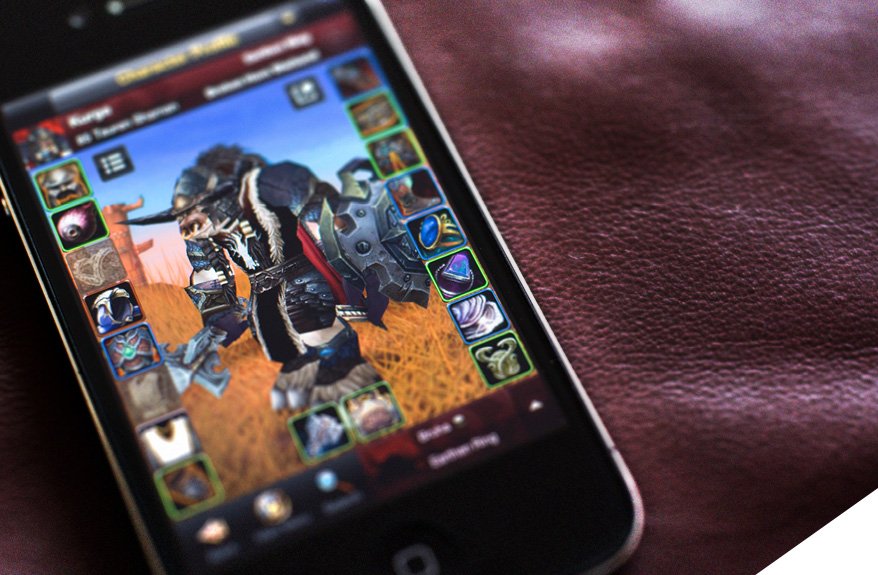
Massively Multiplayer Millions
The first truly popular MMO was Ultima Online. Released in 1997, Ultima reached a peak of about 250,000 subscribing players. EverQuest and Asheron's Call came two years later, racking up more than 400,000 and 200,000 players, respectively.
World of Warcraft came in 2004 and quickly smashed all records for MMOs. At its peak, 'WoW' counted more than 12 million active subscriptions. Other MMOs have struggled to replicate WoW's success, with the Bioware investing $150-$200 million in Star Wars: The Old Republic and not even hitting two million players.
Indeed, most MMOs have a finite life-span after which the developers retire the virtual world due to there not being enough active players generating sufficient revenue to maintain the servers. It's rare the MMO like World of Warcaft that lasts a decade or more. It is one thing to have a disconnected game that is old and no longer updated but still playable, it's quite another if you invested considerable time and money and it won't even load anymore because the servers aren't there anymore. But that's an issue with MMOs in general, not just mobile. Can MMOs last on mobile? Can their revenue stream be significant and continuous? Will people pay monthly subscriptions? Developers are having enough trouble convincing users to fork over 99 cents for a game, let alone a subscription to keep play.
The answer is 'yes', but only if it is done right and when the technology allows it to. We're close in 2013 to that prospect but until someone creates the first mobile "World of Warcraft" (and by mobile we mean a novel approach to reinventing the MMO category for smartphones, not just a port) MMOs as we know them will continue to remain on the desktop or console.
The one saving grace for MMOs is to redefine what we mean by the term and expand it to include asynchronous gameplay, where players can take turns at their leisure. That model has worked for many less serious games, and can certainly work for the MMO, so long as gamers are willing to accept such a strategy.
Q:
What would it take to build a successful mobile MMO?
313
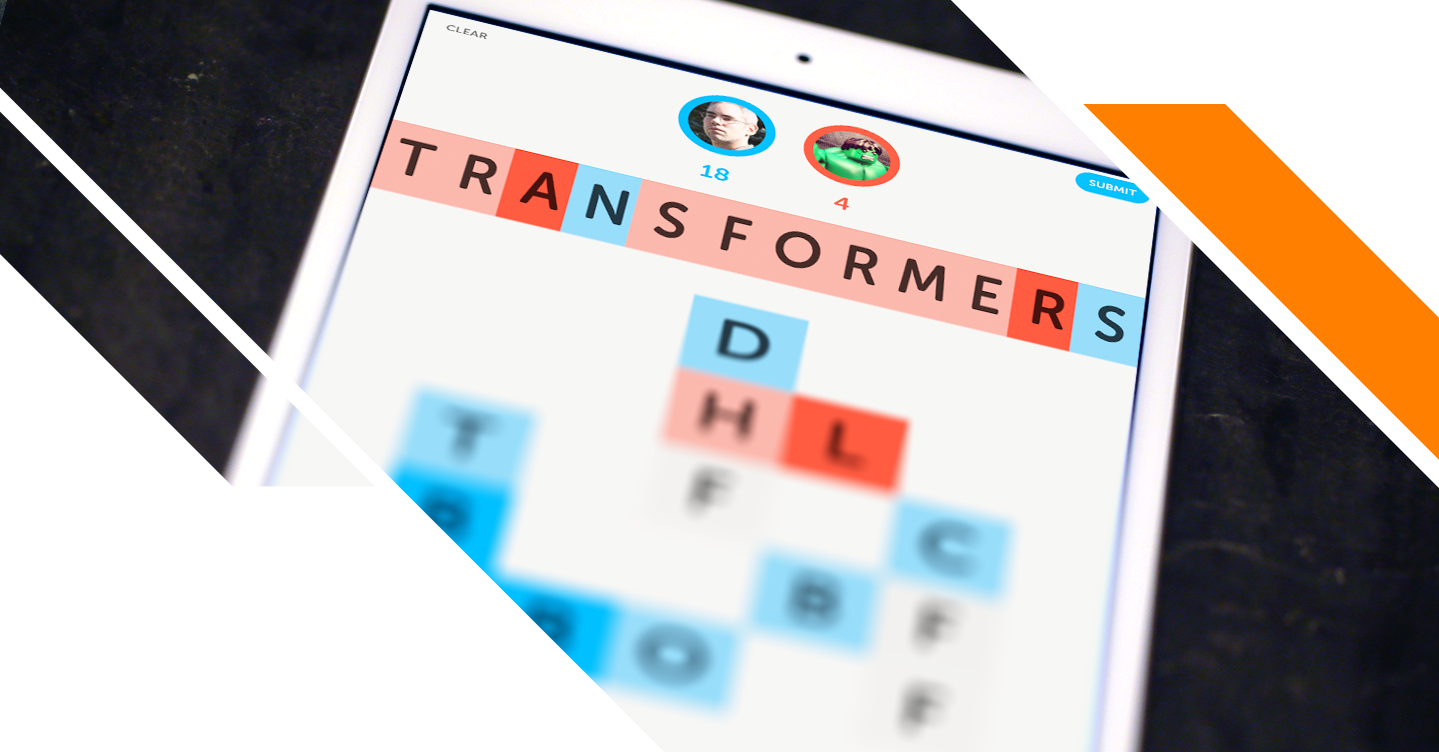

Kevin Michaluk CrackBerry
The multi-platform, multiplayer future
For multiplayer to thrive long term on mobile devices, the games created will ultimately need to support multiple platforms. To be certain, success can be had catering to just one platform, be it iOS, Android, BlackBerry, or Windows Phone, but for the experience to be as compelling as possible to users, multi-platform support is a must.
Look no further than the rise of successful cross platform chat services such as WhatsApp Messenger as an example of just how important multi-platform support is. Jump into the app store for any of the mobile platforms over the past year, and you will almost always find WhatsApp at or near the top of the download charts. The cross-platform availability of WhatsApp has driven massive adoption, with the service today supporting more than 200 million monthly users - more than Twitter.
There's nothing more frustrating than not being able to play because a friend uses a phone from a different company

Plays well with others
The earliest multiplayer games on PDAs and early smartphones worked either by passing the device from player-to-player or by transmitting turn-based moves over finicky infrared connections. Mobile gamers today have a number of options available to them, depending on the game and the platform. Advanced Bluetooth and Wi-Fi radios allow for low-latency real-time device-to-device connections, and cellular data permits a long-distance and time-delayed form of the old-school in-person infrared beaming gameplay.
New technologies like NFC are making multiplayer gaming even easier to arrange. The proliferation of high speed and low-latency LTE radio technology also stands to make real-time multiplayer gaming over cellular connections a real possibility.
There's a good reason for this. People want to chat with their friends, family and colleagues regardless of the type of phone they buy. And the same is true of games. If I discover a hot new game and want to challenge my buddy at work to play it (because I think I'll beat him!), there's nothing more frustrating than him not being able to play against me because he uses a phone from a different company and the game isn't available on his device yet. Over the past few years we have witnessed this scenario plenty of times - an addictive game like Words With Friends or Letterpress comes to iOS first, and then only after a while it begins to move on to other platforms. And sometimes the game never leaves the confines of the iOS App Store.
From a business standpoint, it's understandable why platform exclusion happens - even the largest of companies have limited resources with which to work and iOS and Android each offer hundreds of millions of potential customers, making it achieve to get the biggest initial return on investment by just catering to one platform. For users though, it sucks. The type of phone you own should not be a limiting factor in who you want to play games against, especially given just how popular mobile gaming has become.
Over the past year we have begun to see a slowly improving multi-platform support for apps and games on mobile devices, and that is a trend we will hopefully see continue. It's a trend that will need to continue if mobile gaming is to scale, especially if we ever want to see MMOs take off on mobile. For an MMO to be successful long term, it takes a lot of users, and that means a large potential user base to draw from. The only way to reach everybody in mobile is to support all major platforms. Period.
Q:
How do you game with friends on different platforms?
313
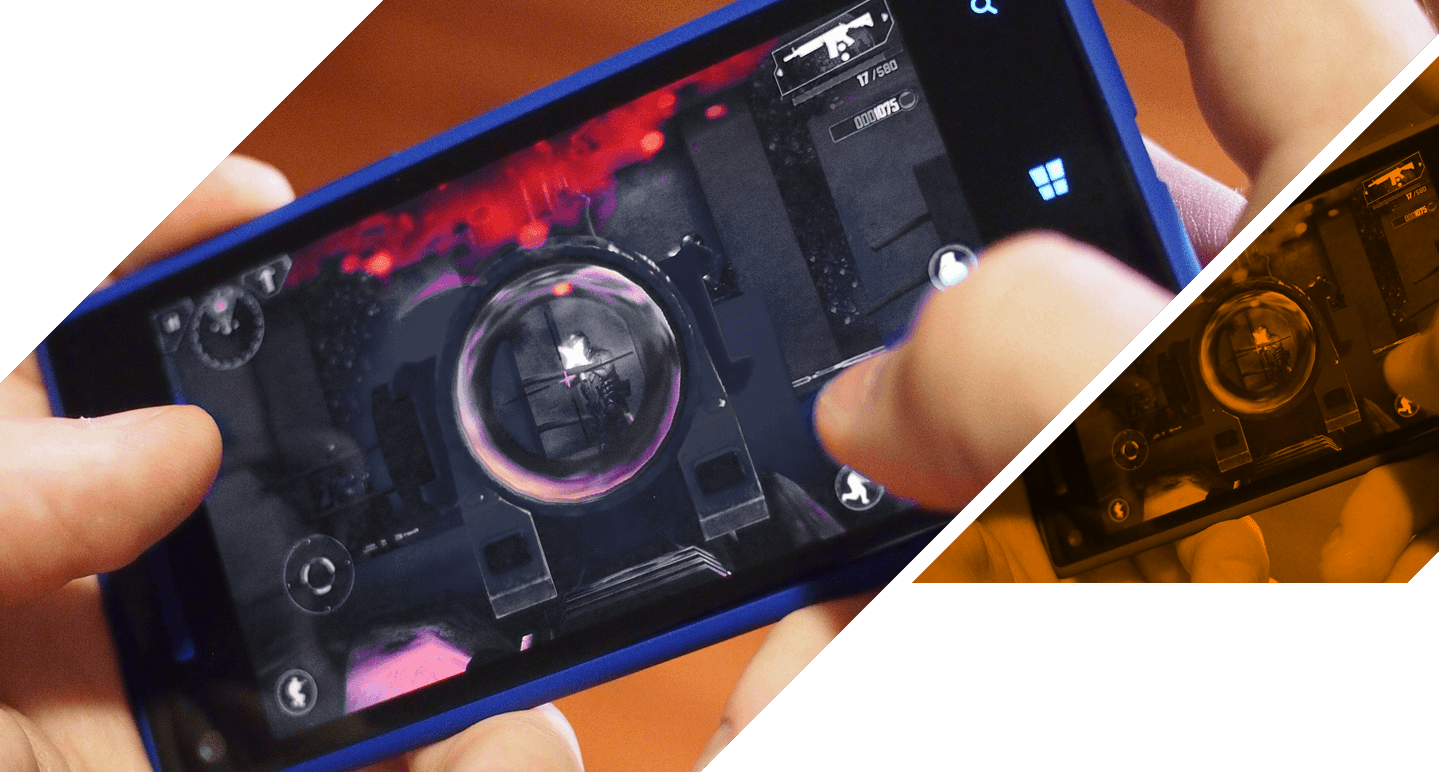

Rene Ritchie iMore
Where gaming networks need to go
Humans are social creatures. Whether it's carting our entire gaming rig to a LAN party, sitting night-and-day at a PC while our character quests, or strapping on a headset and laying waste to all your friends, real and virtual, it's the networks that made gaming massively great. Yet it's that very evolution, from LAN to internet, from game to platform networks, that needs to continue, that needs to set the stage for even more massively great gaming.
It's fragmented, constantly changing, and not always fully functional
We're in transition right now. We're in turbulence. There are major players from Microsoft's Xbox Live to Facebook, Apple's Game Center to BlackBerry's Games, and smaller players like Mobage and GREE. It's fragmented, constantly changing, and not always fully functional.
I won't kid myself by believing a cross-platform, open standard gaming network could come into being, much less thrive and become dominant in today's market. While I'd love nothing more than to be able to game with everyone I know, on every type of device, no one with the resources to do it has any interest in creating a gaming equivalent of the web or email, and certainly no manufacturer would have any incentive to use it if they did.
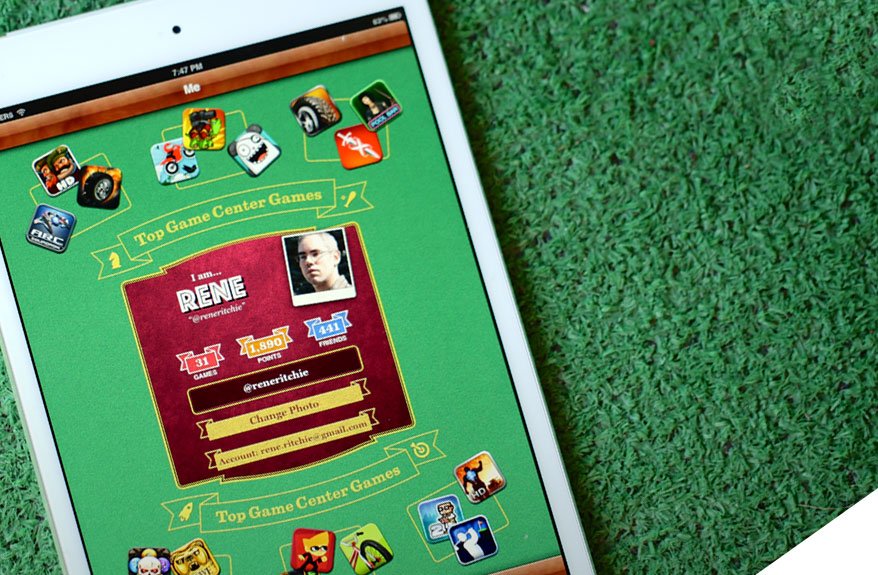
A game network for every game
Every major mobile platform today has a gaming network to call its own. iOS has Game Center, Android has Google Play Games, BlackBerry has Games, and Microsoft has Xbox Live.
Apart from the platform gaming networks, there are a number of third-party gaming networks, offering the advantage of cross-platform multiplayer, at least when the game exists cross platform. Zynga, GREE, Sony, Gameloft, Mobage, and others all have their own gaming networks tied into their own games.
Yet there are some things I do hope we get, and soon. Like value. Microsoft's Xbox Live Gold costs more than it's mostly free competitors, and the premium features it offers are sometimes galling (like Netflix access, which we already pay for!) I'm not against paying for a great network -- I'd love to! -- but make it really worth my while.
Store all my games for me in the cloud and let me download them onto any device that supports them, as long as I'm logged into my account. Sync my game data between devices, so I can stop playing at one location on one piece of hardware and keep playing at another location on a different piece of hardware. (Realistic anti-piracy limitations withstanding, of course.)
Then do everything you can to make my matches, show my achievements, and handle my in-game communications as deftly and unobtrusively as possible.
In other words, gaming networks have to evolve into real, social, cloud-based, feature-complete networks.
They're fragmented, frustrating, and fun as hell, and they're oh, so close...
Q:
What do you want from multiplayer gaming?
313


Mobile MMOs will be different. They'll likely involve push notifications and happen in real-time.
- Guy English, Host of Debug, Game Developer
Conclusion
Back in the day, there wasn't anything more powerful than a Treo or an old school BlackBerry. Few people ever owned one, and they didn't run anything much more demanding than Solitaire or BrickBreaker. Over time, however, our devices grew more powerful. They got better displays, denser than television or desktop in many cases, and better graphics chips. And just like PCs and consoles, they went online.
It took years -- sometimes what seemed like forever -- to get Wi-Fi so we could access fast broadband internet, and years more -- what's longer than forever? -- to get functional 4G LTE so our speed were no longer bound to that broadband.
As the technology grew, so did adaption. Mobile phones and tablets went from being niche nerd devices to mainstream technology. With that power and popularity, mobile games and mobile gaming became not only good, it became massively good.
Or have they? Just as dedicated consoles have the advantage of large spaces to fill with power hungry processors, they also have the ability to plug directly to a hardwired internet connection and take advantage of all the high speeds and low latency available. Mobile devices can't do that so well. Multiplayer gaming on mobile has necessarily taken a number of routes, from the traditional live cooperative or head-to-head shooter or racer to turn-based board games to time-shifted competitions.
Multiplayer has even taken on new aspects that only mobile can enable. One example is Ingress - a game where the massively multiplayer online game meets geocaching meets Risk. It's inspired a new breed of social gaming, taking the online aspects and dragging them into the real world.
Networks likewise need to evolve to better support the unique needs of anytime, anywhere multiplayer gaming. Humans are social creatures. Mobile devices are social devices. It's a match seemingly made in gaming heaven, we just haven't quite gotten there yet.
Where do you think mobile multiplayer gaming, and mobile MMOs need to go next? What could they do to really wow you?

